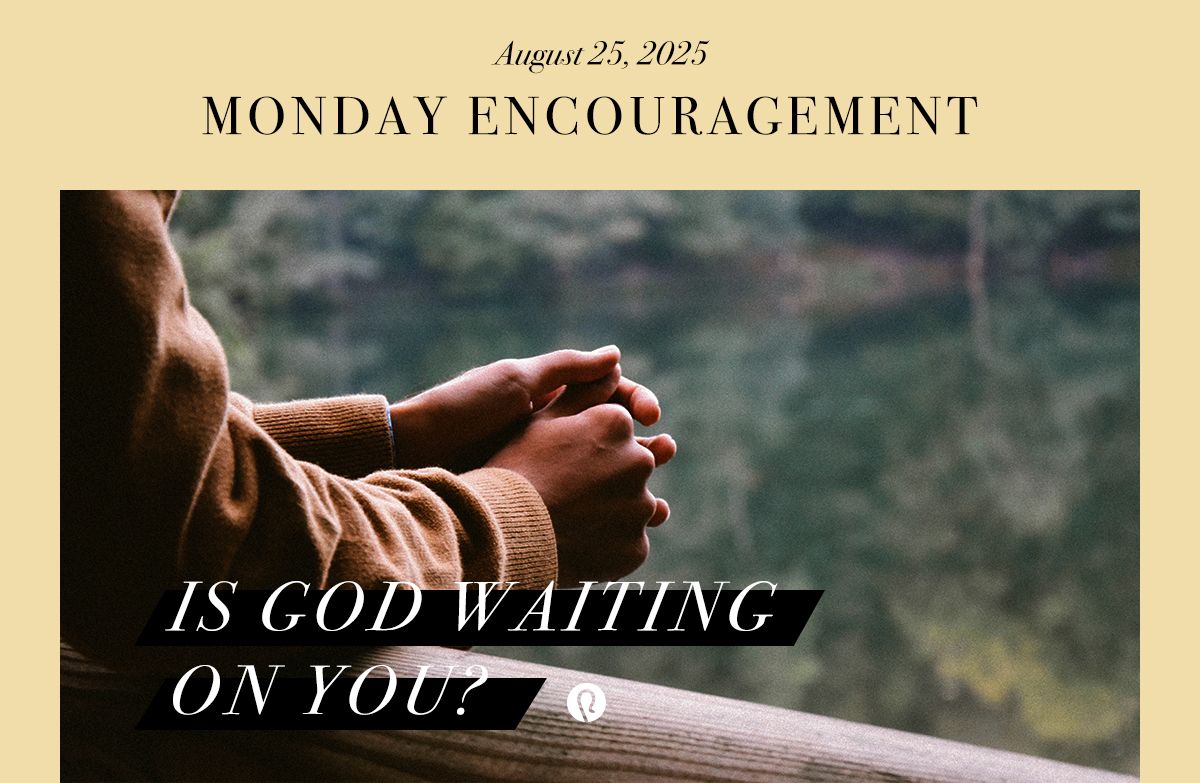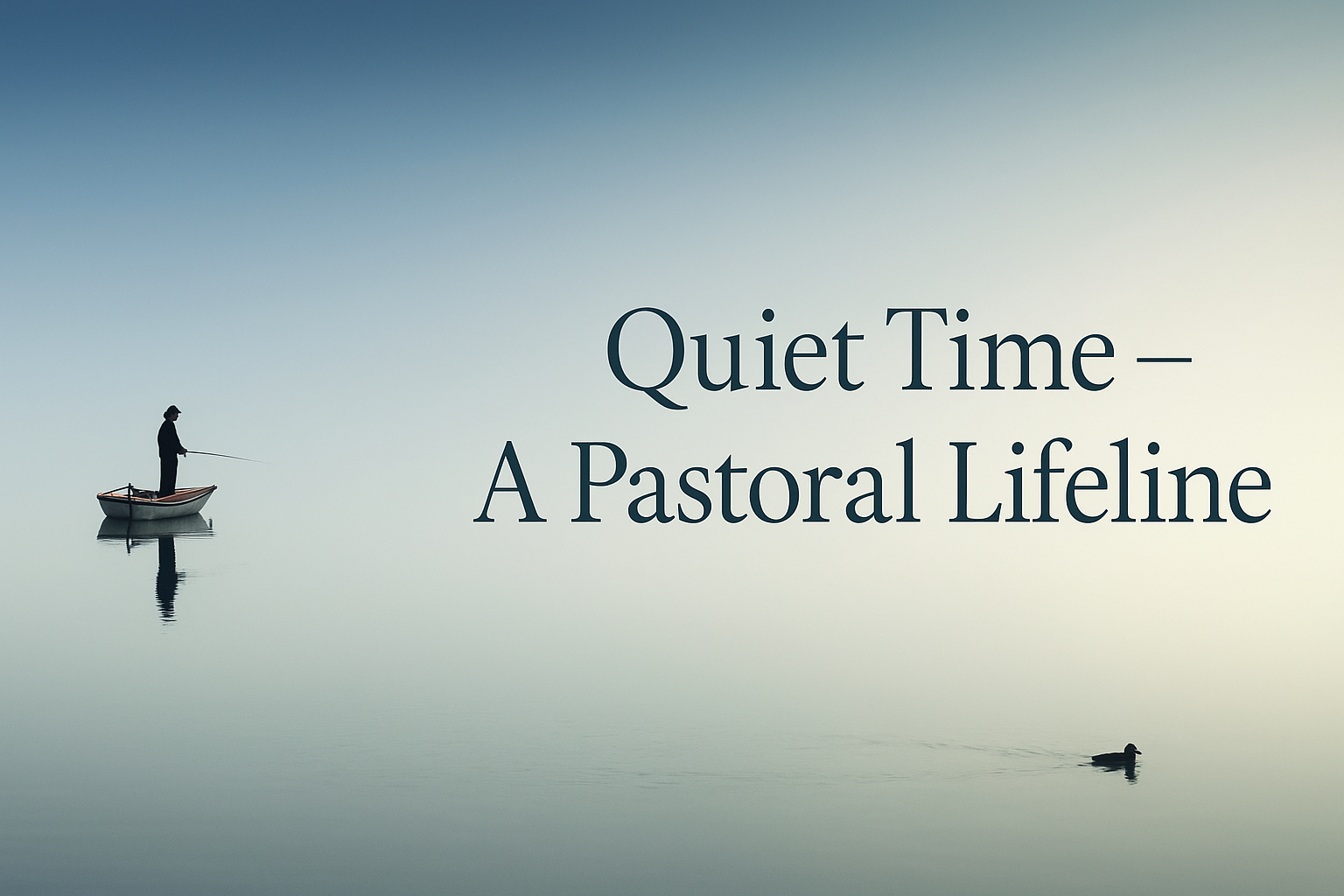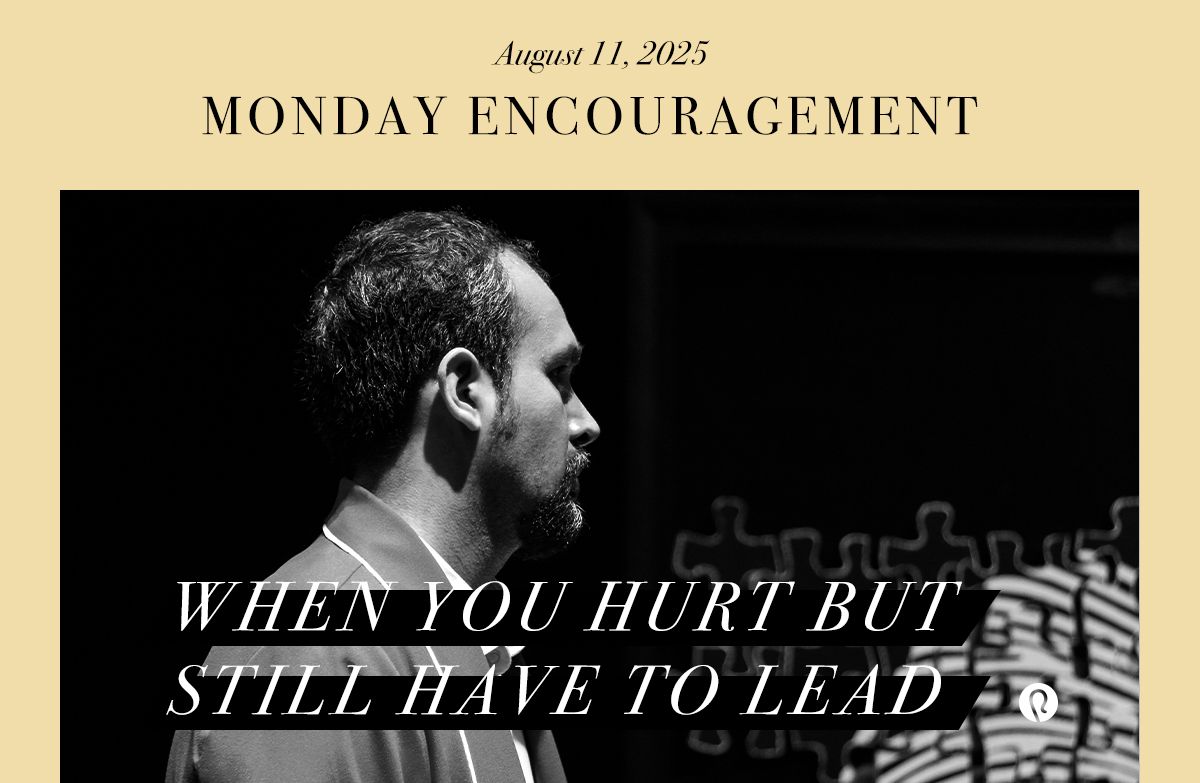The way you structure a sermon matters. I believe the biblical text should determine the substance of your message, but the way people hear and learn should determine the structure of your message.
Even when you're preaching on a single passage, you're obligated to apply the truth of that passage. But the Bible never says to organize your points in the order of the text. You must make the truth clear, plain, practical, and applicable to people's lives. You’re not obligated to put the points in order.
So, if you don’t need to keep the points in order, how should you organize them?
Here are seven tips for structuring your sermon for maximum impact.
Keep it simple.
Reduce your insights to a few major points. People can’t follow subpoints unless you give them a handout. Keeping your sermon simple means avoiding alliteration and rhymes. It’s more important to be clear than clever.
Get to the point quickly.
Many of the classic sermons you studied in seminary were long and flowery. But today the audience has changed. You don't have any Puritans listening to you. Not by a long shot. People don't listen the way they did before television, radio, and the Internet. You may wish you could preach during the Reformation or the Puritan years, but you can't. You’ve got to serve God's purpose in your generation, and you have to minister in today's culture with today's limitations.
State your points in complete sentences.
Instead of writing your points in phrases or single words, write them clearly so that people can understand them, even without the text of your sermon. Let them be so self-explanatory that when people read the outline, the applications of your sermon make sense.
In today's world, people want to get everything quickly. Many learn best through bullet points. So if you don't minister to people by getting to the point quickly, you won't minister to people.
Ensure your points have unity and balance.
Your points need symmetry. 1 Corinthians 14:33 says, “God wants everything to be done peacefully and in order” (CEV). Symmetrical points help provide order for your sermons. Without this kind of symmetry, many sermons just drift from point to point—they're words without a purpose.
You can create unity in a message by using “category words” to describe how your points are similar. Category words include: differences, disciplines, duties, elements, encouragements, etc. When you use these category words, you can stop overusing a word like “things.” Instead of pointing to “five things” in the text, describe its five demands, five benefits, or five beliefs.
Make sure your points follow a clear and logical progression.
Follow the natural steps or sequences. Your outline needs both unity and movement, which helps your listeners feel like you’re making progress.
For example, if your sermon has five points, put your strongest appeal as your last point because it will drive home the application of the message. Place your second strongest appeal in the beginning, and hide your weak points in the middle. If your best point is your first point, everything else will go downhill. Your audience will fall asleep by your conclusion.
Arrange your points to climax with the commitment.
If you want to challenge people to make a commitment, you don't want to end with an emotional dud. Often, when you’re preaching, you’ll have one point that is light and humorous, and another point will be serious and challenging. You don’t want to put those out of order. You want to end by challenging people to act on what you’ve taught.
Sermon preparation requires you to feel the emotional impact of the sermon. It's not just about understanding a point intellectually; it's about being able to understand how the point will make you feel. You want your strongest feelings in your conclusion because the sermon's power is affected by both content and emotion.
Organize your points to use tension and release.
All effective communicators know there are both mountains and valleys, highs and lows, in a message. You can't keep people tense all the time.
If your message is longer than 10 minutes, you will need multiple highs and lows to release the tension and keep people's attention. If you constantly build tension, your listeners will be highly nervous by the time you reach the conclusion. If you keep the tension low throughout the message, they will be asleep by the time you finish. Without any tension release throughout your message, you're just a lecturer.
How do you release tension in your sermon? Humor and illustrations help break it up.
Remember, the point of your sermon isn’t to wow your audience with how clever you can be. It’s not to impress people with your creativity. The point of your sermon is to see God change lives. 







